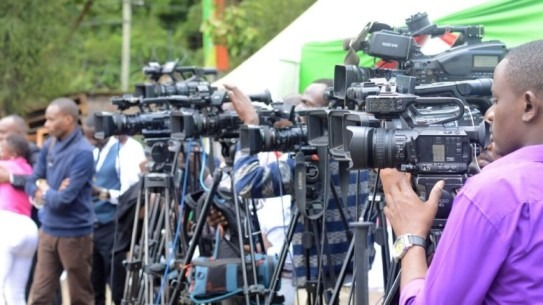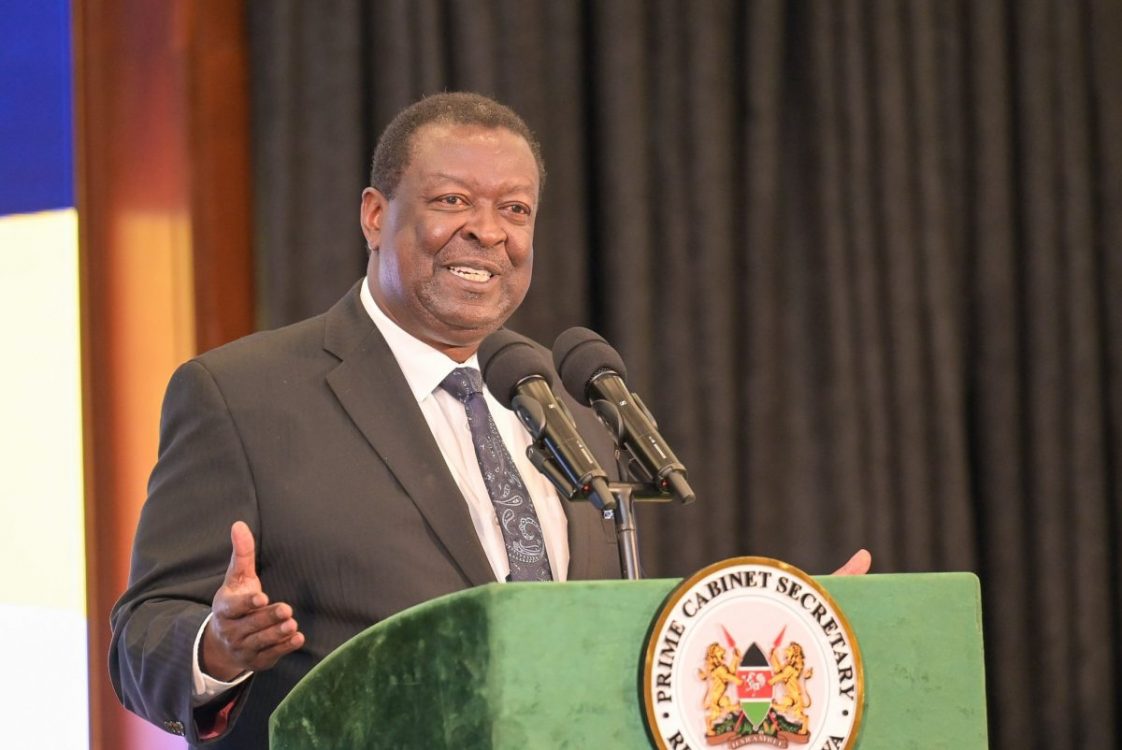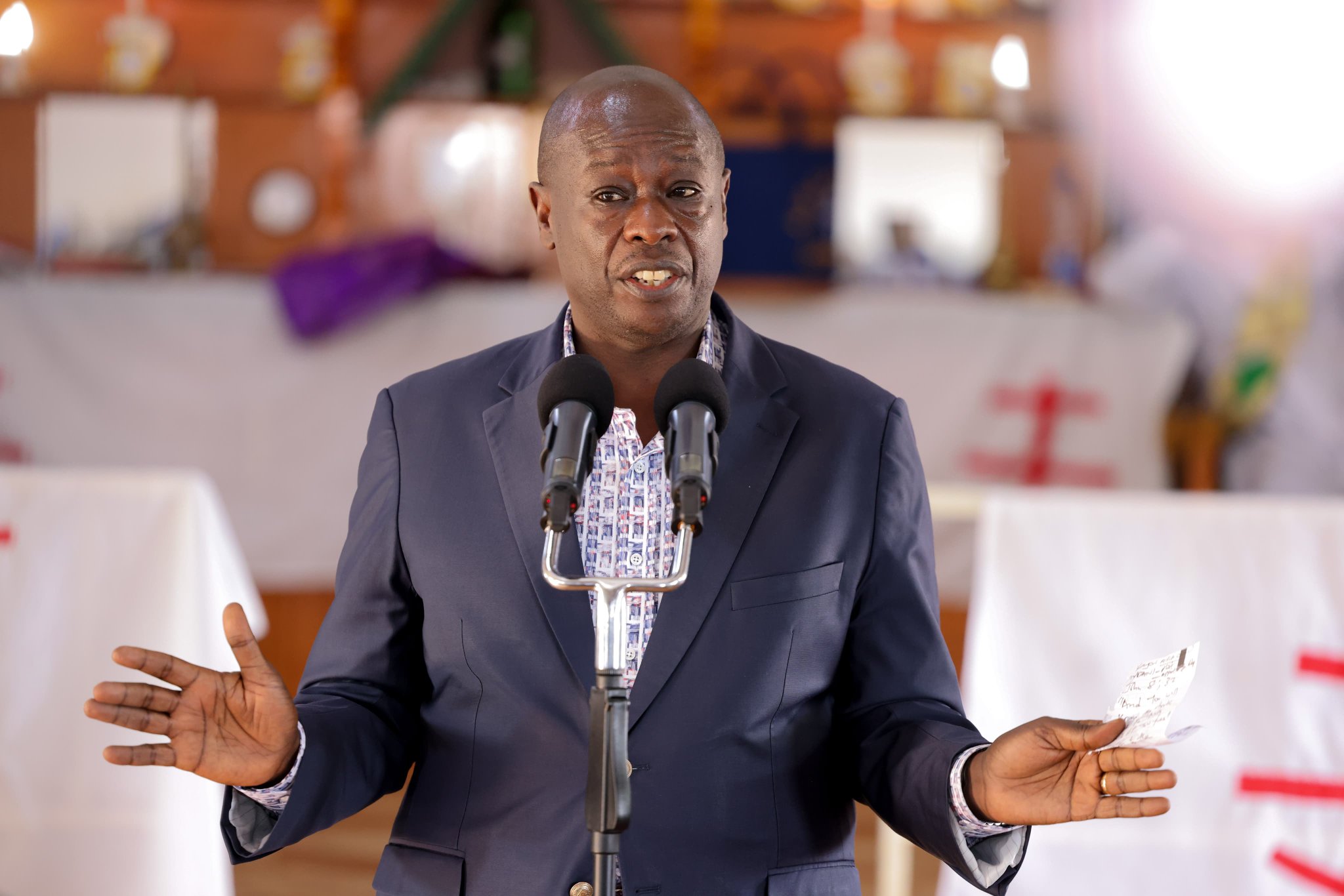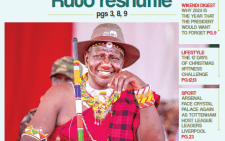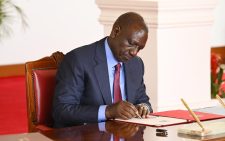Why media must view corporates with suspicious lens

The media is evolving, and this week crossed an important thresh hold. Discussions on media tend to focus on threats to media freedom often squarely placed on government.
The media has learnt how to deal with government threat. Any threatening move by the government is countered through the issuance of statements and street matches.
International partners can be mobilised to join in the chorus of condemnation and force the government to step back. This is an industry on its own.
The other level of threat is subtle and more difficult to deal with. This is the threat from organised groups such as religion and other forms of activists.
But even with religion, the media has long devised ways of caricaturing church leaders but navigating that space gingerly for fear of a backlash from the laity.
The response if the threat was coming from Islam is more a less navigated space.
In their obsession with the State, the media ignores its biggest threat: the threat from C-Suite.
The C-Suite projects their relationship with the media as being that of a benefactor.
They buy space and airtime and write the cheque that keeps the media in business. The cheque they write is however in return for a service rendered.
But that relationship has grown into one of dependence making it appear that the cheque by commercial interests is a mere favour to the media.
This relationship has long been established to an extent that the media has become conditioned to follow the dictates of the C-Suite.
Businesses were the first to castigate labour unions arguing that they are not good for business. It is an argument the media lapped happily often portraying labour union leaders as lazy troublemakers.
Ronald Reagan and Margaret Thatcher led these efforts with the help of the media and by the end of their administrations, the impact of unions had been diminished.
But that has not stopped corporates, when it is to their convenience, to come together – essentially unionising – to champion their course.
These strategies have played out from afar. When business got fed up with Donald Trump, they pulled the rag by holding back commercials from Trump’s favourite station. A lone act soon becomes a trickle and later an avalanche.
The story of a Nairobi radio station considered to have run amok in its broadcast is now old news.
Salacious content is indeed the common stock of Kenyan radio and the competition is on who can spew more racy talk than the other.
The trail of the story would have gone cold after a while, but then a major advertiser joined the scrimmage with a threat to pull off their commercials from the group. The result was immediate.
It is hard to defend the specific content in question. Corporates however should not be the sole determinants of what is suitable to air for they seldom have a feel for the common man.
Corporates are always in the same suites with the deep-State and while on one occasion they may appear to be driven by altruistic ideals shared in society since they operate stealthily, there is no telling when they are guided by the common good, and when they are driven, as is often the case, by selfish boardroom agenda.
The media however need to realise that corporates, far from being the benefactors that they portray themselves to be, are the biggest threat to the freedom of the press and freedom of expression. Unfortunately, media itself is part of the C-Suite and blinded.
Journalists who believe in the freedom of the press must call out the involvement of the C-Suite in determining media space.
Corporates are a union on their own. Media too can pull a punch if they can “unionise” and hold the C-Suite to account. Corporates would need a unionised media more than a unionised media would need them. Then the freedom of the press would be guaranteed. — The writer is dean, School of Communication, Daystar University
